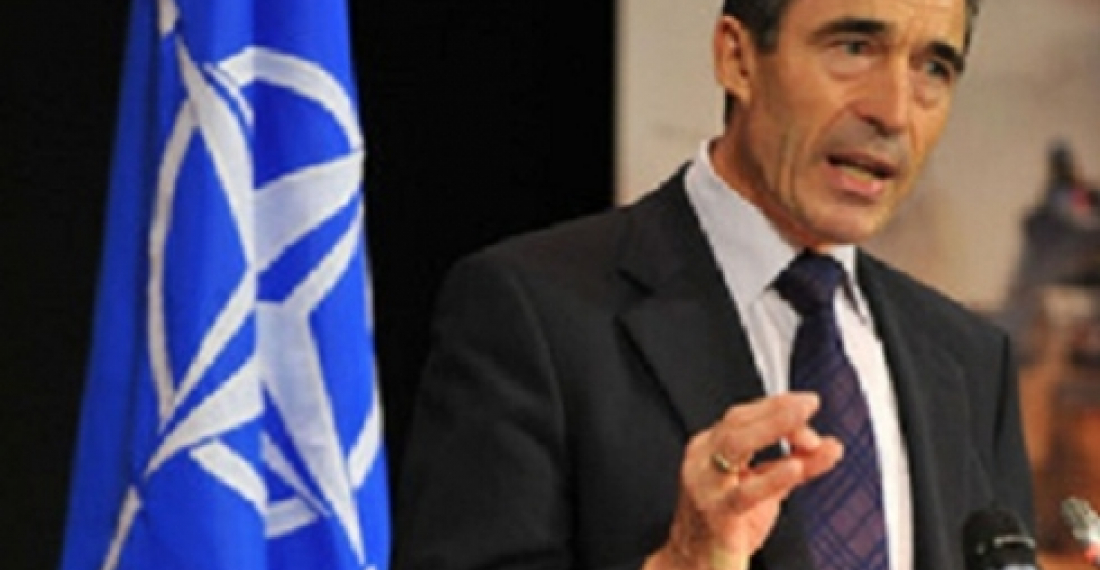Генеральный секретарь НАТО Андерс Фог Расмуссен в течение последних двух дней прибывает на Южном Кавказе, совершая короткие визиты в Армению, Азербайджан и Грузию.
Визит главы НАТО в регион посылает сигнал неизменной приверженноси Атлантического альянса к развитию отношении с тремя республиками, когда-то бывшие части заклятого врага - СССР. У всех трех стран развиваются отношения с НАТО в рамках программы Партнерство ради мира, в тоже время Грузия добивается полного членства в альянсе.
Визит состоялся, несмотря на повышенную напряженность в отношениях между Арменией и Азербайджаном и за несколько недель до парламентских выборов в Грузии.
Выступая сегодня утром в Азербайджанской дипломатической академии в Баку Расмуссен сказал:
"...... Этот регион по-прежнему сталкивается с серьезными проблемами в сфере безопасности. Азербайджан имеет сложное соседство. И наиболее актуальной региональной проблемой остается поиск решения нагорно-карабахского конфликта.
Две вещи очевидны. Во-первых, что не существует военного решения. И, во-вторых, единственный путь вперед лежит через диалог, компромисс и сотрудничество.
Как я уже сказал вчера в Ереване, НАТО как организация не участвует непосредственно в поиске решения этого конфликта. Мы также не придерживаемся чьей-либо стороны. Но мы будем продолжать оказывать поддержку Минскому процессу и усилиям, направленным на мирное урегулирование.
Как я и сказал вчера в Ереване, я глубоко обеспокоен решением Азербайджана помиловать Рамиля Сафарова. Деяние, которое он совершил в 2004 году было преступление, за которое его не должны были прославлять, так как это наносит урон доверию и не способствует мирному процессу. Мы не должны позволить начаться новой войне между Арменией и Азербайджаном. Напряженность в регионе должна быть снижена и должны быть приняты меры для содействия сотрудничеству и примирению."
Во время вчерашнего прибытия Рассмусена на выступление в Ереванский Государственный Университет его встретила группа демонстрантов, которые выкрикивали слово "справедливость". Позже он встретился с президентом Армении Сержем Саргсяном. На пресс-конференции после встречи Саргсян подтвердил осуждение правительством Армении решение Венгрии об экстрадиции Сафарова под юрисдикцию Азербайджана.
Пока ни Армения, ни Азербайджан не добились членства в НАТО и обе страны стремятся сохранить хорошие отношения с альянсом.
Между тем азербайджанские СМИ сообщают, что Рамиль Сафаров находится в неизвестном месте в целях его собственной безопасности.
Источник: commonspace.eu







